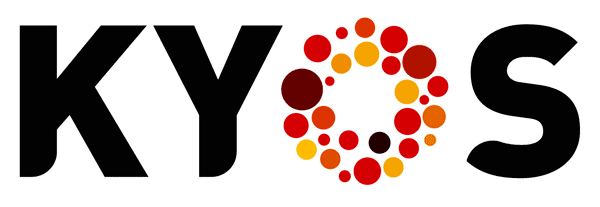What is a guarantee of origin?
A guarantee of origin (GoO) is an electronic document which proves electricity originates from a specific energy source. It is mainly issued for renewable energy sources. A guarantee of origin enables the traceability of green energy from the producer to the final consumer, even though the electricity networks obviously do not distinguish between different types of electricity.
A Guarantee of Origin (GoO) is similar to a green certificate, in that it proofs that power has been produced from a specific source. However, GoOs can be issued independently from governmental policies. Furthermore, GoOs do not necessarily apply to renewable production only, although the renewable GoOs are most common, such as for Nordic and Alpine hydro power, and Northern continental Europe wind power.
The price of the guarantee of origin depends on the willingness of final consumers to pay for green energy. Furthermore, the price depends on the specific source: a Nordic hydro power GoO may be less valuable than a GoO of local wind or solar production. This is because consumers realize that the purchase of a hydro GoO may not lead to any incentive for more renewable production, whereas a local wind or solar GoO is more likely having an impact. It is somewhat arguable whether a guarantee of origin stimulates green investments: price levels are rather low and have very little impact on the profitability of new investments.
As opposed to emission certificates, and similar to green and white certificates, the total market size for GoOs is quite small and trading rather illiquid, maybe with the exception of two or three types of GoO. Most trading activity is via brokers, such as STX, Cleanworld, Evolution Markets and Amsterdam Capital Trading.
Do you want to know more about the KYOS price forecasting services, read more on Price Analytics or contact us directly.
